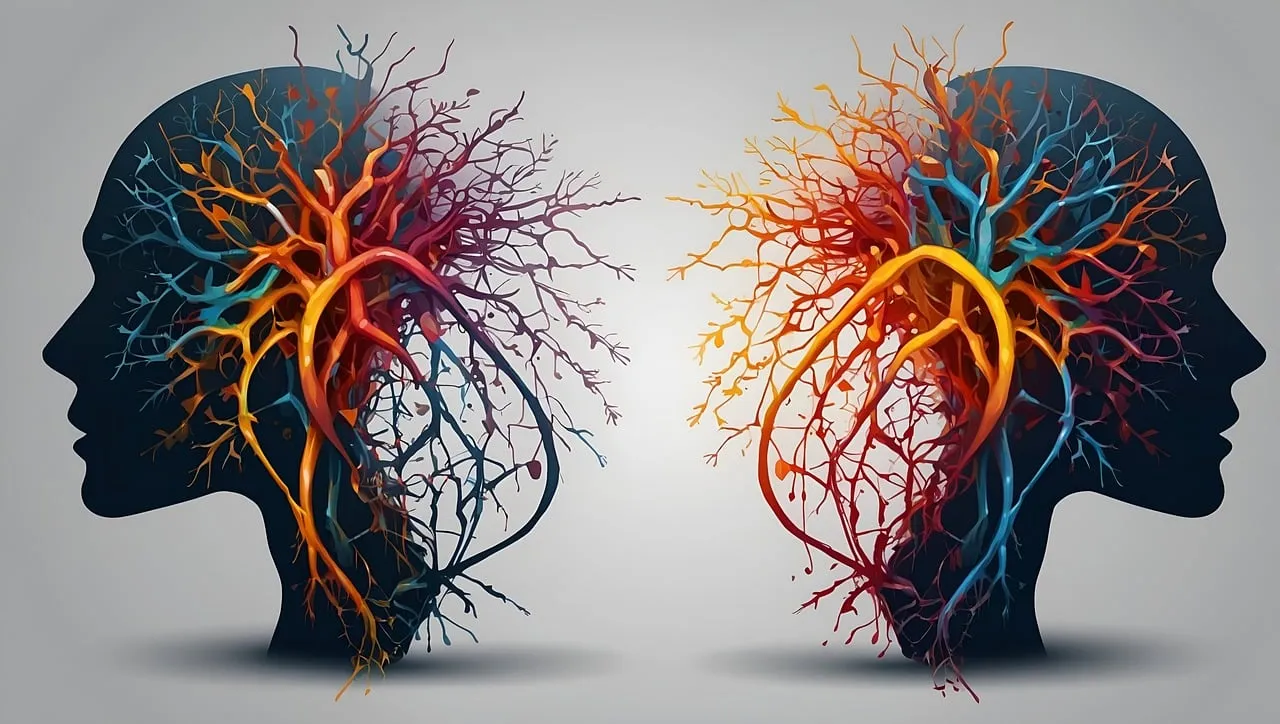Psychology: A concise introduction
Llibre acadèmic de psicologia, per Richard A. Griggs i Sherri L. Jackson.
- 10 agost 2022
Bartlett had his participants study some stories that were rather unusual. He then tested their memory for these stories at varying time intervals. When the participants recalled the stories, they made them more consistent with their own schemas about the world. For example, one story did not say anyone was wounded in the battle described, but participants recalled that many men were wounded, fitting their schemas for battles. Unusual details were normalized. For example, participants recalled incorrectly that the men in another story were fishing rather than hunting seals. In addition, the stories were greatly shortened in length when recalled. Strangely, the participants did not even realize that they were changing many of the details of the stories. In fact, the parts that they changed were those that they were most confident about remembering. Bartlett’s participants had reconstructed the stories using their schemas and did not even realize it.
How, then, do we deal with poor outcomes and maintain positive self-perception? To understand how we do so, we need to understand attribution, the process by which we explain our own behavior and that of others. There are two types of attributions, internal and external. An internal attribution means that the outcome is attributed to the person. An external attribution means that the outcome is attributed to factors outside the person.
We place the blame elsewhere in order to protect our self-esteem. This attribution bias is called the self-serving bias, the tendency to make attributions so that one can perceive oneself favorably. If the outcome of our behavior is positive, we take credit for it (make an internal attribution). However, if the outcome is negative, we place the blame elsewhere (make an external attribution). The research evidence indicating that we use the self-serving bias is overwhelming. These self-enhancing perceptions created by the self-serving bias serve to maintain our self-esteem. This bias is adaptive because it protects us from falling prey to learned helplessness and depression. When negative events happen, we don’t blame ourselves. Instead, we make external attributions and place the blame elsewhere.
